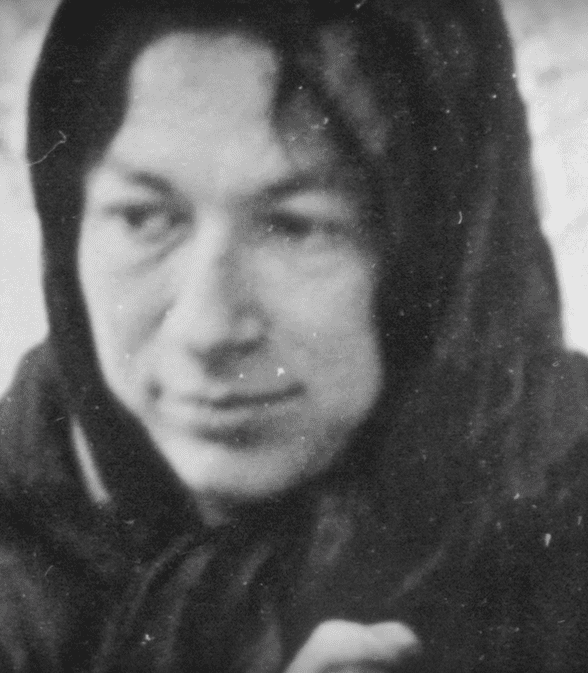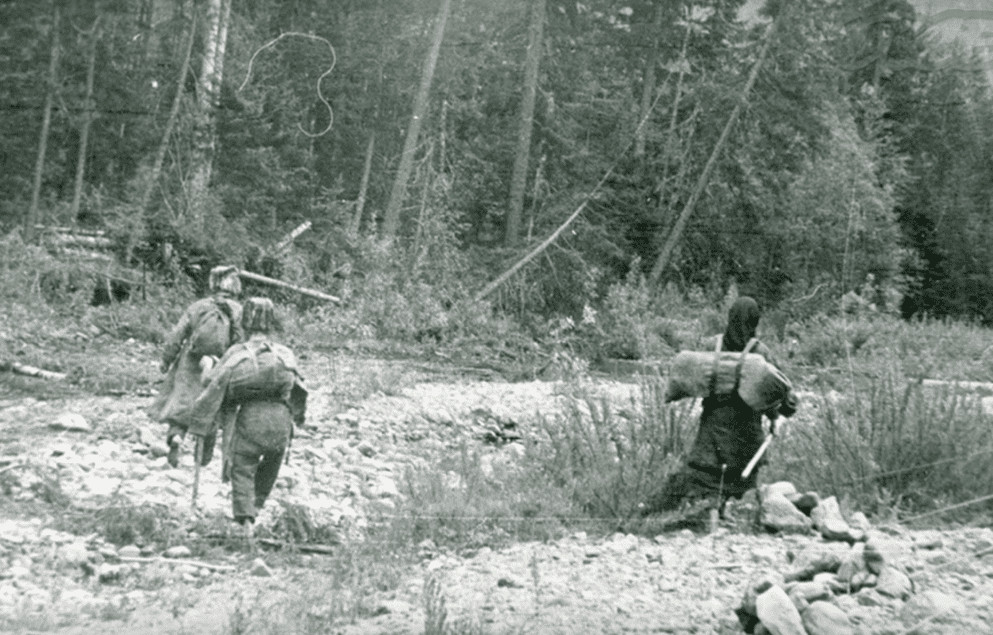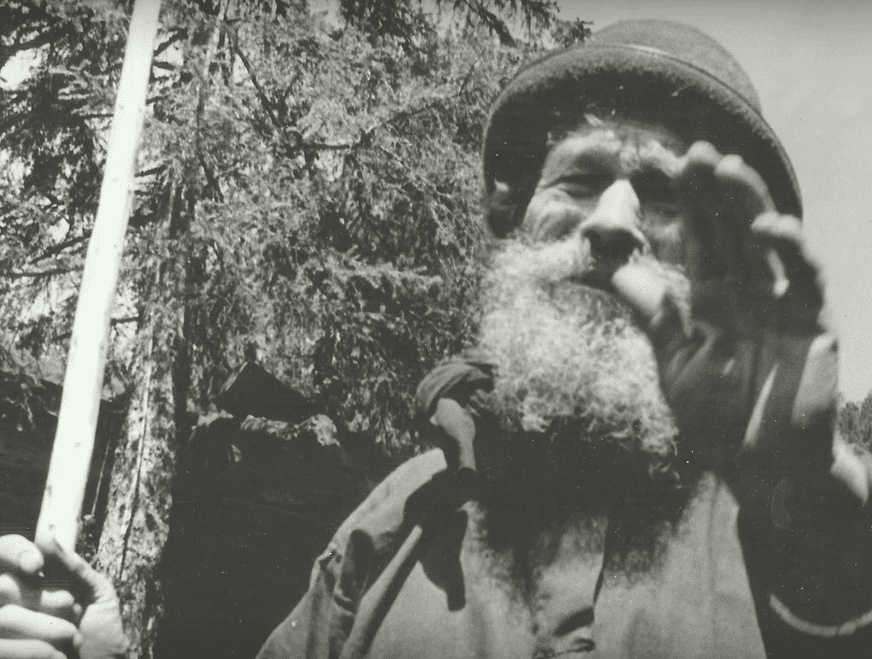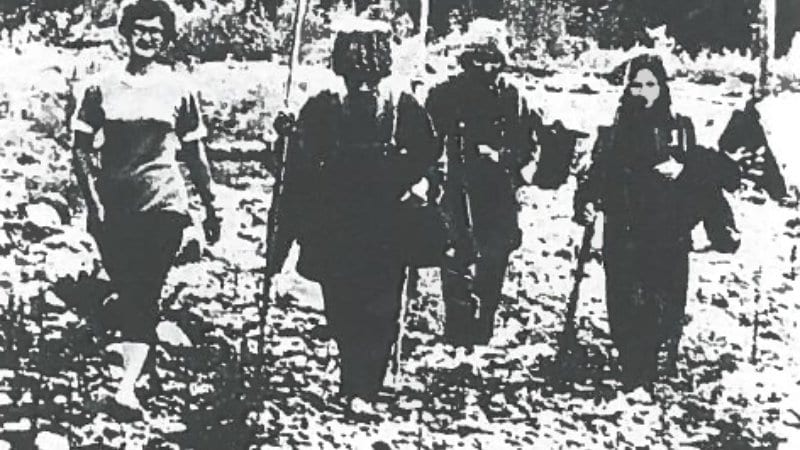It was 1936, and they built their solitary lives with only a few possessions. They had two more children on the isolated tundra, a boy and a girl. Their mother taught them all to read and write using the Bible they had brought along, though their speech was strange to the geologists’ ears.

Photo Credit: Wikimedia Commons
Survival had not come easy. Most, if not all, of the possessions they had brought with them from civilization had long since rotted, rusted, or been left behind. Birch bark provided replacements for many things, and the taiga, when in bloom, did offer some sustenance like raspberries, pine nuts, and firewood.

Photo Credit: Wikimedia Commons
When their youngest son, Dimitry, came of age, he proved himself a decent hunter (without a weapon of any sort, even), and would occasionally manage to bring meat home. Even so, the family lived perpetually on the edge of famine, living off wet potato patties, ground rye, and hemp seeds.

Photo Credit: Wikimedia Commons
Agafia, the youngest daughter, recalled the late 1950s as “the hungry years” after animals ate most of their vegetable garden. Again, after a late snow in 1961, the family was forced to eat shoes and bark, and their mother died of starvation. The rest of the family survived after a single grain of rye sprouted in their pea patch, which they guarded day and night until they encouraged it into more, and more still.

Photo Credit: Wikimedia Commons
While the eldest son was reserved and something of a religious fanatic, Karp enjoyed learning of the changes that had taken place in the world since they had retreated from it nearly thirty years before. Agafia, the youngest daughter, was smart and had a sense of humor that endeared her to the geologists, but it was Dimitry who was most fascinated with the innovations of the outside world. They learned much from him, as well, as no one knew the taiga and how to survive it better than the young man.

Photo Credit: Wikimedia Commons
As their relationship with the geologists bloomed over the years, the Lykov family found resisting all modern conveniences harder and harder. At first, all he would allow his family to accept was salt (which he had sorely missed), but as time wore on, they accepted help with planting and harvesting crops and accepted gifts like knives, forks, handles, grain, pen and paper, and even an electric torch. The one thing they loved, though, was the television at the geologists’ camp.

Photo Credit: Wikimedia Commons
“[It] proved irresistible for them…On their rare appearances, they would invariably sit down and watch. Karp sat directly in front of the screen. Agafia watched poking her head from behind a door. She tried to pray away her transgression immediately – whispering, crossing herself…The old man prayed afterward, diligently and in one fell swoop.”

Photo Credit: Wikimedia Commons
Sadly, reconnection with the outside world did not prove advantageous for the family. Eldest son Savin and daughter Natalia both died of kidney failure in 1981, followed closely by their brother Dimitry, who perished from pneumonia. The geologists tried to save him, even offering to fly him to the hospital on their helicopter, but he refused.

Photo Credit: Wikimedia Commons
“We are not allowed that,” he whispered before he died. “A man lives for howsoever God grants.”

Photo Credit: Wikimedia Commons
Karp passed away in 1988, and now Agafia – born on the taiga and a resident her entire life – lives out there alone. She’s in her 70s, now, and (we presume) still at home in the wilderness.

Photo Credit: Wikimedia Commons
You can view a documentary on the family here if you want to know more!
If you liked that article, check out this video about another Russian mystery.






